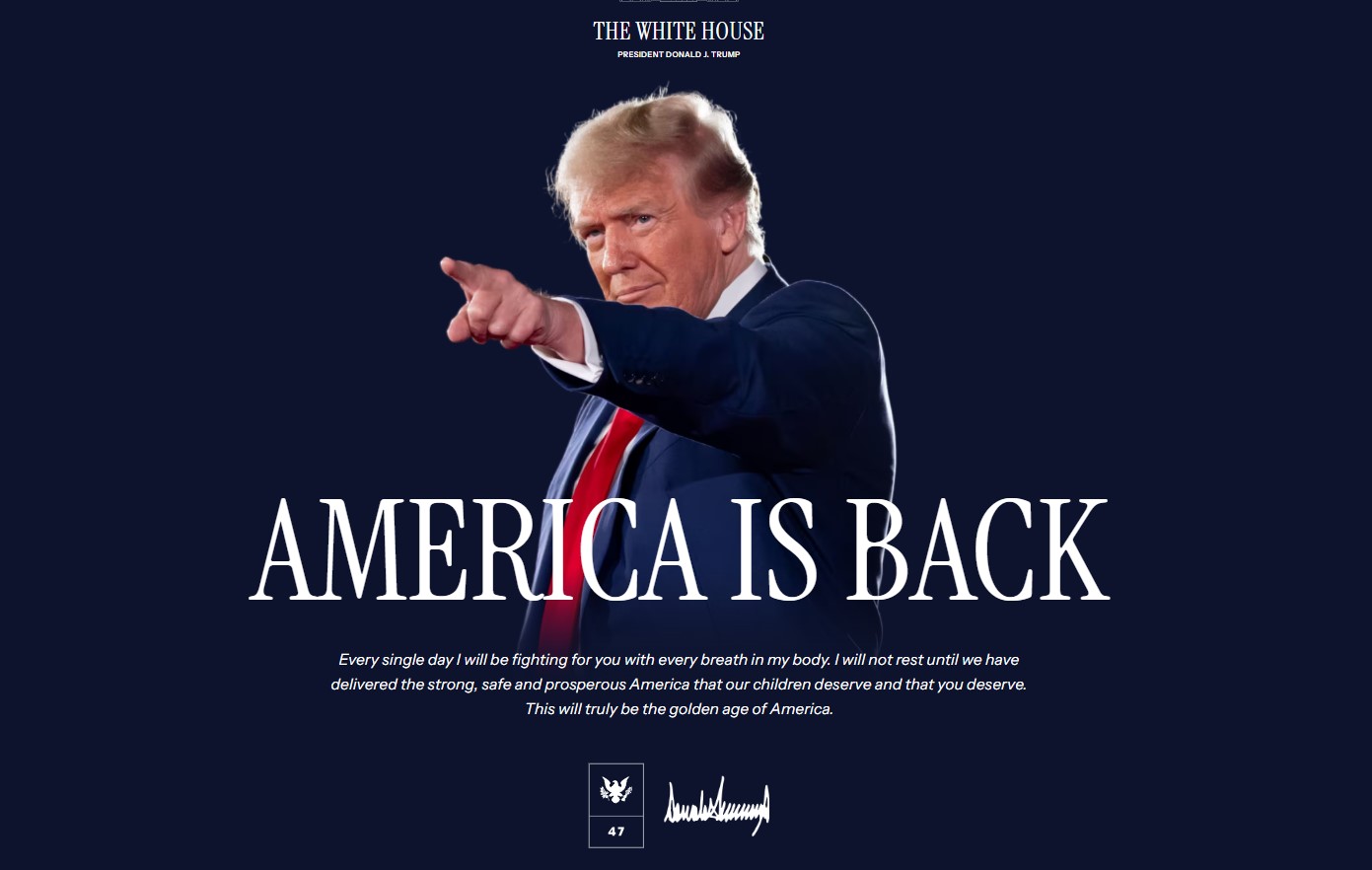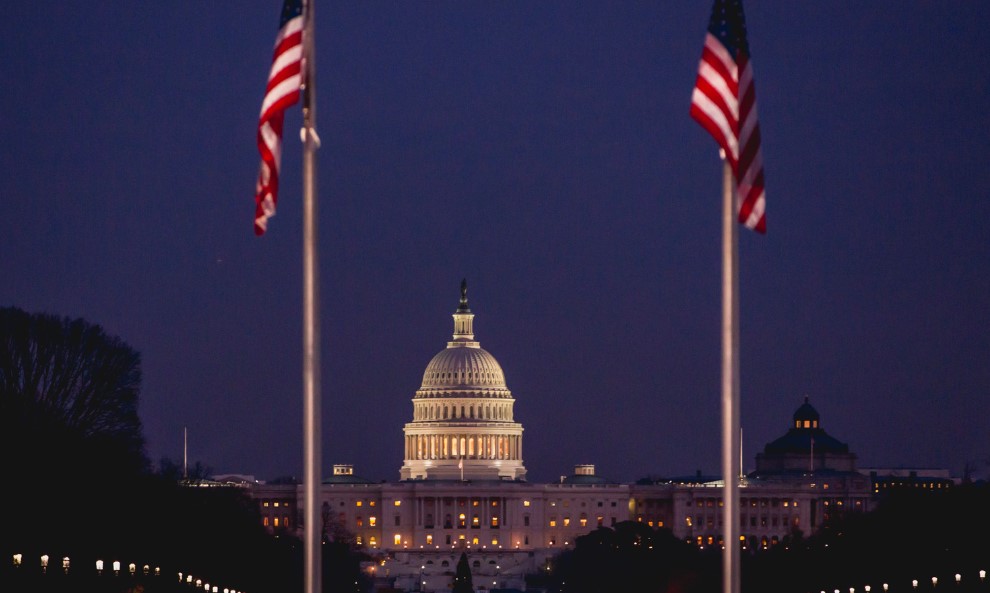U.S. President Donald Trump announced tariffs on China, Canada, and Mexico on Saturday. These announcements reignited fears of a trade war, once again taking center stage and casting uncertainty over the future of global economic activity.
In this context, industry experts in Miami consulted by Funds Society agreed that the tariffs are very bad news for the economy, though they dismissed concerns that they are inflationary. They also pointed out that in such a scenario, everyone loses—although the United States would fare the best.
“Tariffs are bad news for the global economy; they generate retaliation, which essentially means triggering a trade war, and whenever there are trade wars, there is less growth and more complicated markets,” said Alberto Bernal, Global Strategy Director for the institutional area at XP Investments.
Bernal also noted that the U.S. president is a nationalist with a “zero-sum” view of international trade, though he does not extend this perspective to global markets.
“Trump is a fan of markets, a fan of the equity market—he likes to see U.S. stocks rise. As a result, his long-term policies focus on lowering corporate taxes, reducing business regulations, allowing for more mergers and acquisitions, and implementing changes in investment banking. All of this benefits the market,” he said. “And if it benefits the U.S. market, it benefits Latin American clients who have investments in the U.S.,” he added.
Fernando Marengo, Chief Economist at BlackToro Global Investments, pointed out that “since 1950, the world has produced three times the amount of goods and services it had produced throughout all previous human history. This is mainly due to a process of specialization and globalization, where each country focused on producing goods in which it had a competitive advantage while purchasing the rest from the global market. This globalization process led to an unprecedented improvement in the average well-being of the population. The implementation of U.S. tariffs on Mexico and Canada is very bad news.”
For Marengo, who has 30 years of experience in macroeconomic analysis, consulting, and advisory services, the outlook is “not ideal” for emerging economies: “Capital flows may continue to seek high returns in the U.S. rather than in emerging markets in general, or Latin America in particular.”
Both experts highlighted the appreciation of the U.S. dollar, the resulting weakness of other currencies, and the decline in commodity prices, which were already at low levels—factors that make emerging markets, particularly Latin America, less attractive.
According to BlackToro’s Chief Economist, volatility will prevail. The U.S. scenario, he explained, will depend on Trump’s fiscal decisions and the evolution of the trade war.
“Clearly, a trade war benefits no country in the world. When looking at the figures from Trump’s previous presidency, it is evident that import growth rates fell sharply compared to previous trends. However, exports as a percentage of GDP declined year after year during his term, meaning that this trade battle is not good news for anyone,” Marengo stated.
Given this uncertain and volatile environment, the BlackToro expert envisions an investment portfolio “possibly underweight in both fixed income and equities, maximizing returns in the short end of the yield curve. If uncertainty about inflation rates persists, the market is likely pricing in only one policy rate cut by the end of the year, making carry trades in this part of the curve highly attractive.”
If inflation risks accelerate or the trade war escalates, “alternative assets, such as gold, could become extremely attractive. However, this is not a permanent situation—it fluctuates daily based on fiscal policy announcements and, fundamentally, on how the U.S. handles its tariff and international trade policies, as well as its relations with the rest of the world,” Marengo concluded.
Initially, markets reacted negatively to the news. However, as negotiations between the U.S., Mexico, and Canada progressed, the implementation of the new tariffs was postponed.


